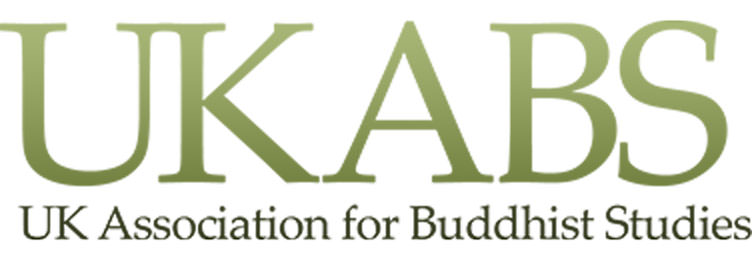ON BEHALF OF CHARLES PREBISH
As some of you may know, in 1993 and 1995 I did two surveys of Buddhist Studies as an academic discipline. Most of the results of these surveys were published in my 1999 book Luminous Passage. A little more than a decade later (in 2006) I did a follow-up survey. This survey was significantly larger than the previous surveys, and yielded a wonderful response rate of more than 80%. The results were published in the JIABS (30, 1-2), and presented at the 2008 meeting of the IABS in Atlanta.
We have also benefited from José Cabezón’s brilliant Presidential Address at the 2020 American Academy of Religion annual meeting, published in the September 2021 issue of the Journal of the American Academy of Religion.
However, despite the immense growth and changes in Buddhist Studies in the intervening years from 2006 until now, no additional surveys of individual Buddhist Studies scholars have appeared in more than 15 years. I would very much like to remedy that situation. As such, I am requesting that any and all Buddhist Studies scholars take just a few moments from their busy schedules, and email me ([email protected]) a copy of their curriculum vitae (formatted in either Microsoft Word or Adobe Acrobat). I will then collate and tally the results of this data, and make the results available online. Be assured that complete anonymity will be maintained throughout the project, and no individuals will be identified by name.
We will then be able to see where our colleagues earned their doctorate, where they teach, what is their rank, what languages they know, what professional societies they belong to, where they publish their books and articles, where they present papers, what are their areas of Buddhist Studies specialization, what grants and awards have they received, where have they held editorial positions, how they use the internet, and so forth.
Obviously, Buddhist Studies as an academic discipline has been profoundly influenced, and advanced, by the explosive growth of technology. It has also expanded to provide a truly comprehensive approach to the study of all aspects of the Buddhist tradition worldwide.
I am hoping this new survey will greatly enhance our understanding of the academic study of Buddhism, and all you have to do to assist that advance is email me your curriculum vitae. I hope you’ll join your colleagues in this effort.
Finally, because I have been retired for more than a decade, I may not be completely up to date on the newest Buddhist Studies scholars. If you know of anyone who is relatively new to Buddhist Studies, please send their name and email address along to me so that I can be sure that they too are invited to participate in this survey.
With Best Wishes.
Charles Prebish
Professor Emeritus, Pennsylvania State University
Charles Redd Endowed Chair Emeritus, Utah State University
